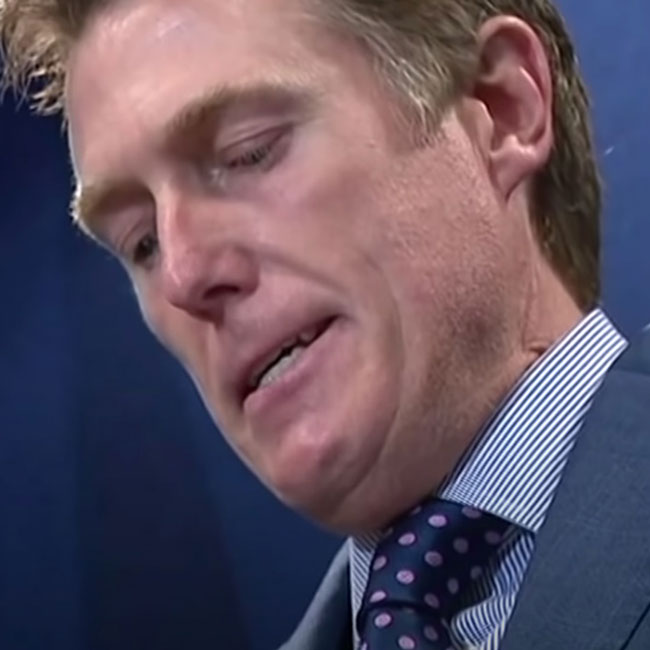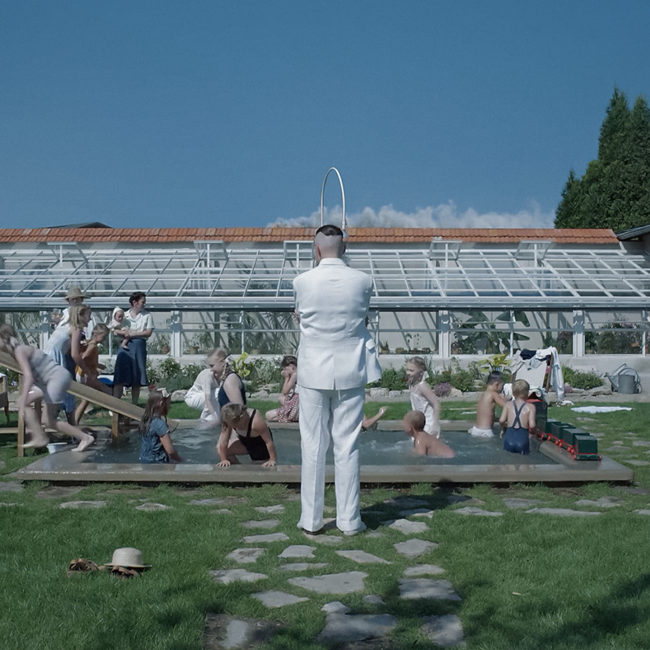
Big Thinker: Michael Sandel
Big thinkerPolitics + Human Rights
BY Dr Laura D’Olimpio The Ethics Centre 9 MAR 2020
Prominent contemporary American political philosopher, Michael J. Sandel’s (1953—present) work on justice, ethics, democracy and markets has connected with millions around the world.
His popular first year undergraduate course, Justice, became Harvard University’s first freely available course – online and televised.
Sandel’s Socratic approach connects moral and political theories and concepts to everyday life, helping to engage his audience in otherwise complex philosophical ideas.
He recognises, “there is a great hunger…to engage in serious reflection on big, ethical questions that matter politically, but also that matter personally.”
We all face ethical and political dilemmas, decisions and disagreements. These are not always easy to resolve and often bring us into conflict with others whose views differ from our own. Sandel is quite clear on the remedy, that “we need to rediscover the lost art of democratic argument” and this is precisely what he models and facilitates.
Who we are
Sandel is known for emphasising the social aspects of our identities. He says that we think of ourselves “as members of this family or community or nation or people, as bearers of this history, as sons or daughters of that revolution, as citizens of this republic”, which illustrates our attachment to others as well as our contextual social reality. In this way he offers a critique of Rawlsian liberalism.
Liberalism, and particularly the view espoused by John Rawls in his 1971 book A Theory of Justice, sees people as highly individualised, rational and focussed on defending their rights. On this view, the government’s role is to protect individual freedom and fairly obtain and distribute resources.
Rawls’ famous thought experiment of the ‘veil of ignorance’ asks us to imagine ourselves prior to knowing who we are going to be in the world. If we do not know whether we will be male or female, able-bodied or beautiful or the opposite, or which race, class, or religion we will belong to, we should be able to fairly decide on the best policies by which a society should operate. This is the best way, Rawls believed, to achieve justice.
Conversely, Sandel argues that humans cannot be neutral in this way. When figuring out what we should do, people bring their “moral and spiritual encumbrances, traditions, and convictions” with them to the negotiating table.
In this way, talk of rights can only be understood in relation to what people think of as good, valuable and important in their lives, which is connected to their social and material circumstances. Thus, the abstract thought experiment Rawls details simply won’t work.
Civic engagement
Against the view that we are always free to choose what and who we care about and which are our special obligations, Sandel points out that certain commitments, such as those to our family and our political community, bind and restrict us in certain ways.
Precisely because we cannot be disinterested or disconnected when it comes to matters of political decision making, Sandel emphasises the importance of finding ways to support and increase civic engagement – as evidenced in his TED talk, The lost art of democratic debate, watched by over 1.4 million people.
By having a positive and active national political community that works towards the good of all, we can make sense of justice for real people situated in real world contexts. In this respect, he believes dialogue and respectful disagreement are vital.
“If everyone feels they are heard, even if they don’t get their way, they will be less resentful than if we pretend we are going to decide policy in a way that is neutral.”
Market societies
Something that really concerns Sandel is how we, in developed countries, have gone from having a market economy to becoming market societies. What this means is that everything is up for sale. If market thinking and market values dominate, then other values – those of the good life, education, relationships, and creativity – are squeezed out.
If everything is valued first and foremost economically, then the difference between the haves and have-nots matters. If money buys you a better education, better health care, better legal representation, as well as more material possessions and business opportunities, the cycle of poverty becomes increasingly insurmountable.
The ‘luck’ of being born into wealth should not count more towards one’s success than hard work, natural talent or intelligence. Yet this is increasingly evident in today’s world and, in this way, inequality and affluence determine much more than they should. As a result, the notion of ‘merit’ is loaded.
Sandel claims we live in a meritocratic society, yet merit itself is a tyrannical construct:
“The notion that your fate is in your hands, that ‘you can make it if you try!’ is a double-edged sword. Inspiring in one way, but invidious in another. It congratulates the winners, but denigrates the losers, even in their own eyes”.
Instead, we need to be more inclusive and recognise that everyone has a role to play in our shared fate, regardless of who is wealthy or poor. In order to move forward together, “we need to find our way to a morally more robust discourse, one that takes seriously the corrosive effect of meritocratic striving on the social bonds that constitute our common life.”
Posing provocative questions such as: Should you pay a child to read a book? Should a prisoner pay to upgrade their accommodation? Can we place a monetary value on the Great Barrier Reef? Sandel compels us to consider what values should govern civic life, and how we might rethink the role of the market in a democratic society.
Ethics in your inbox.
Get the latest inspiration, intelligence, events & more.
By signing up you agree to our privacy policy
You might be interested in…
Opinion + Analysis
Politics + Human Rights
Libertarianism and the limits of freedom
Opinion + Analysis
Politics + Human Rights
He said, she said: Investigating the Christian Porter Case
Opinion + Analysis
Politics + Human Rights
Is every billionaire a policy failure?
Opinion + Analysis
Society + Culture, Politics + Human Rights




